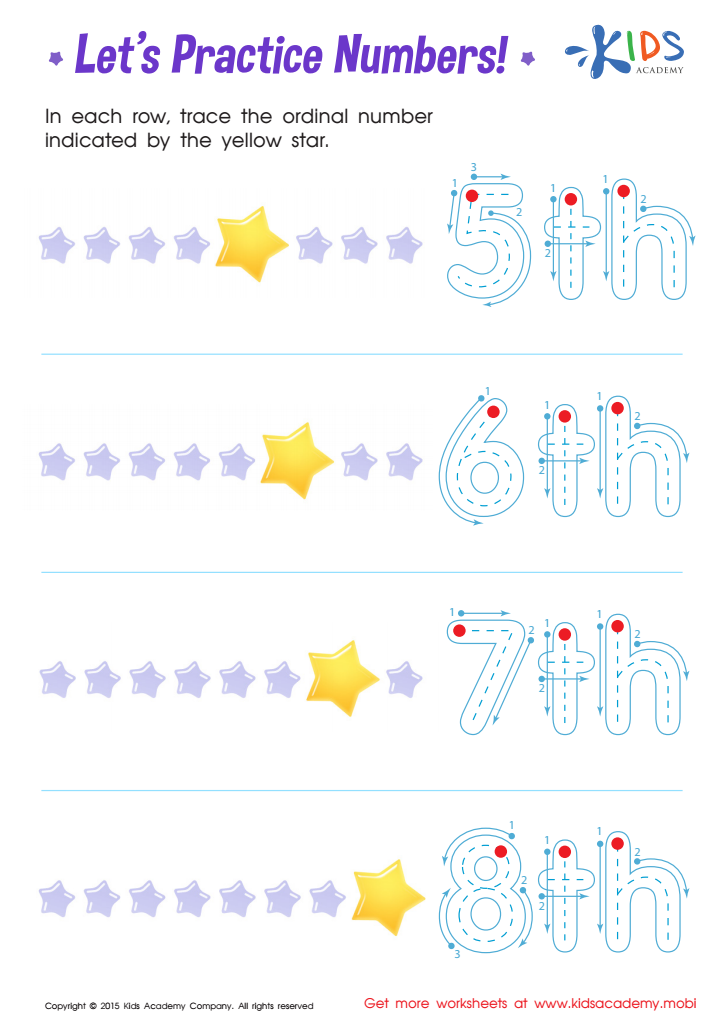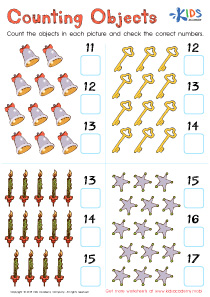Number Recognition Normal Tracing Numbers Worksheets for Ages 4-6
16 filtered results
-
From - To
Enhance your child's early learning experience with our "Number Recognition Normal Tracing Numbers Worksheets" designed specifically for ages 4-6. These engaging worksheets help young learners develop essential number recognition skills while practicing tracing numbers in a fun and interactive way. Each worksheet reinforces number formation and boosts confidence in number recognition, setting a strong foundation for future math success. Tailored to spark curiosity and encourage independent learning, our worksheets are perfect for both classroom and home settings. Foster your child's love for numbers today and watch them develop essential math skills with ease! Start exploring our collection now!
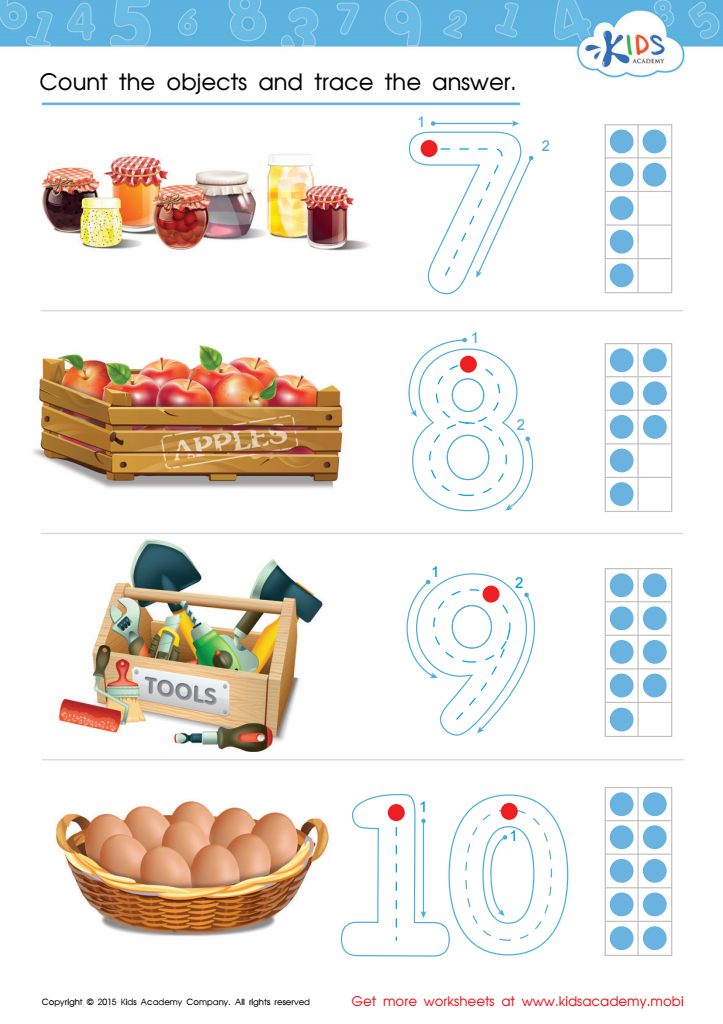

Count and Trace 7 – 10 Worksheet
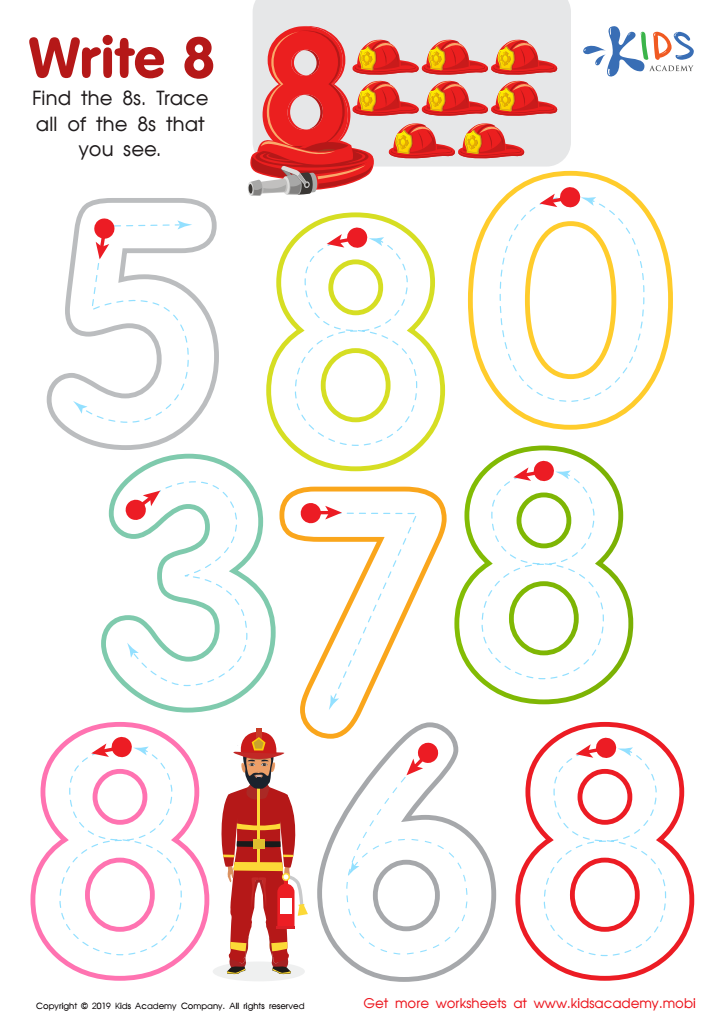

Write 8 Worksheet
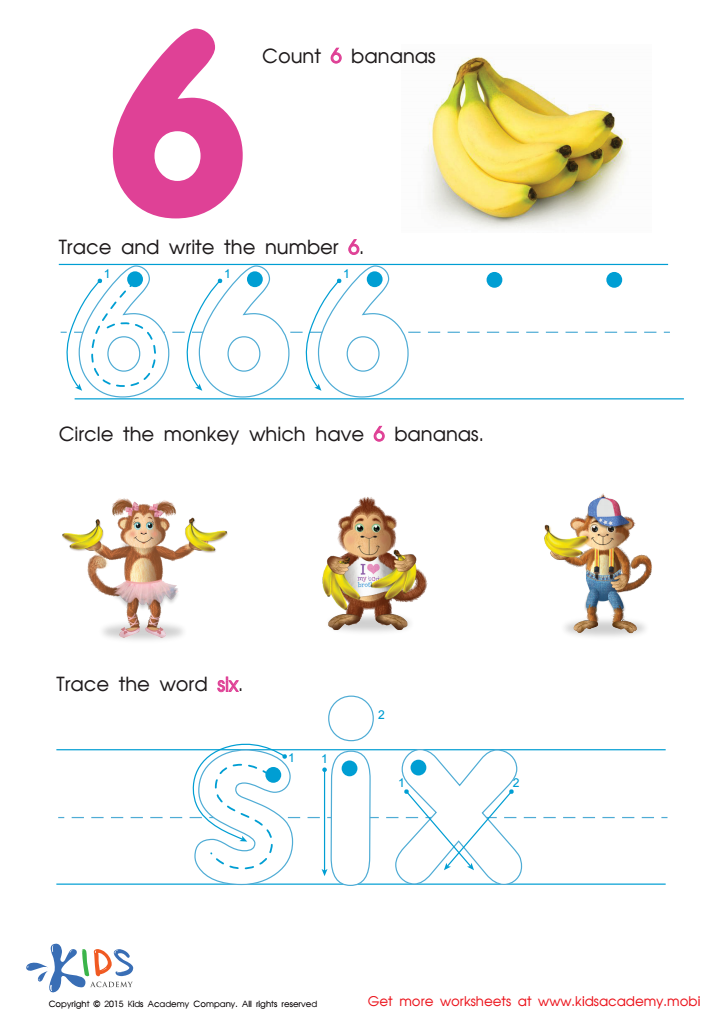

Tracing And Writing Number 6 Worksheet
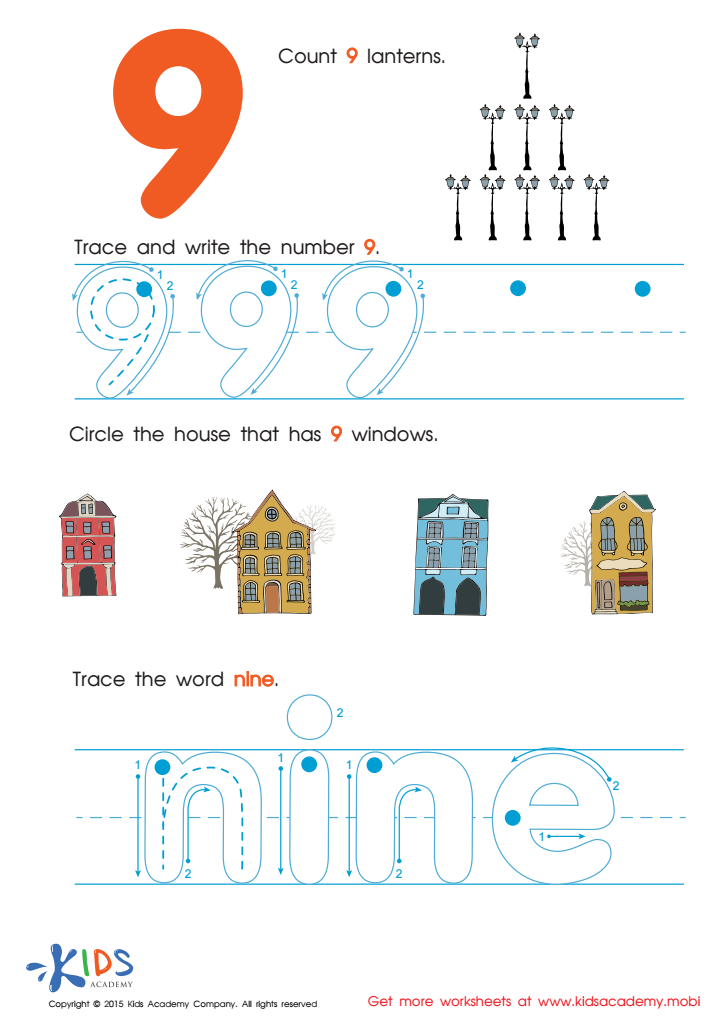

Tracing And Learning to Write Number 9 Worksheet
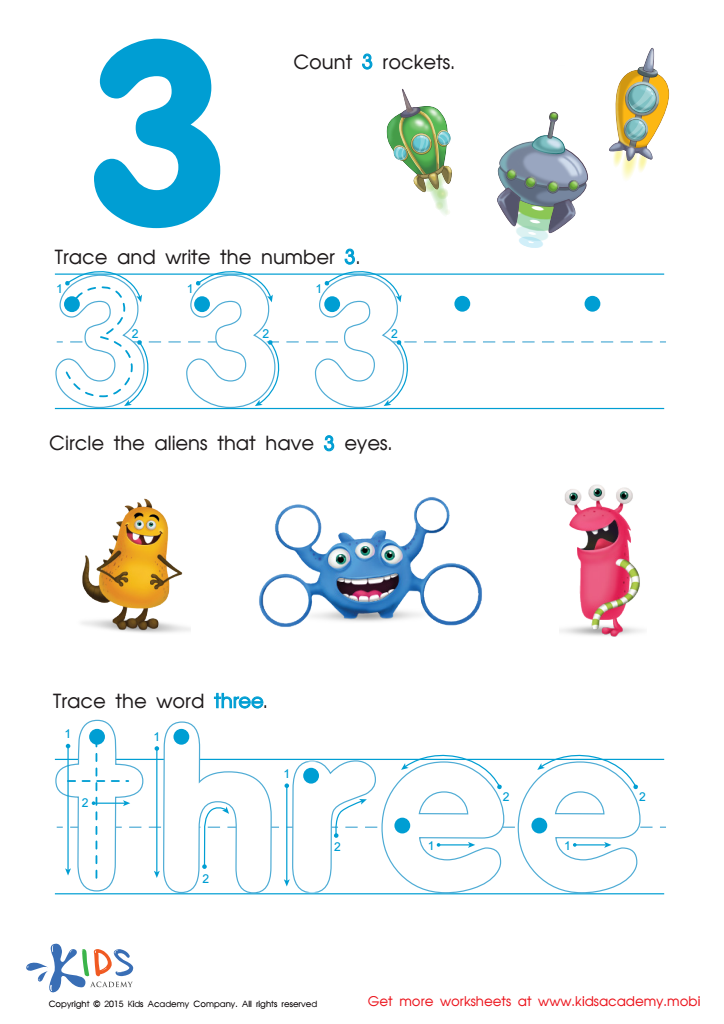

Learning Number Three Worksheet
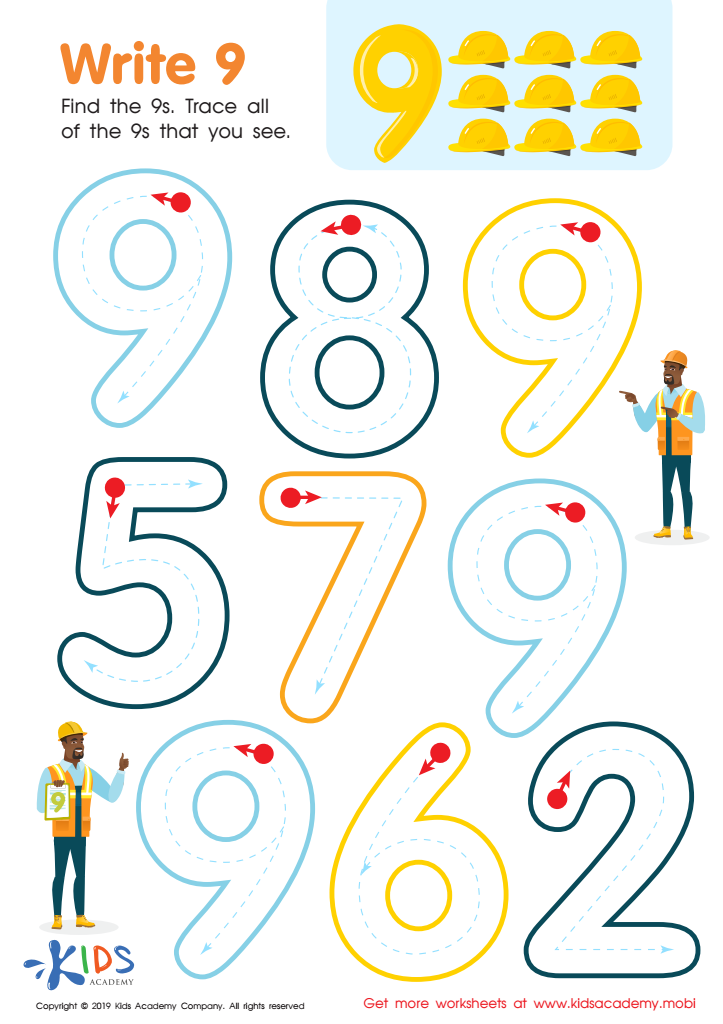

Write 9 Worksheet
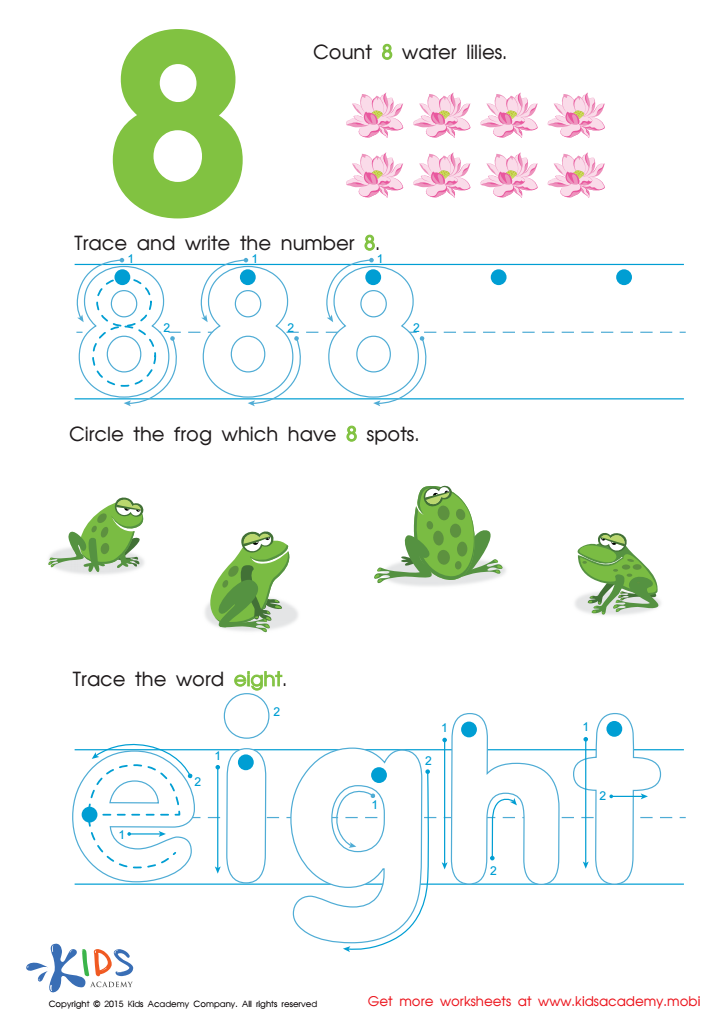

Learn Number 8 Easily Worksheet
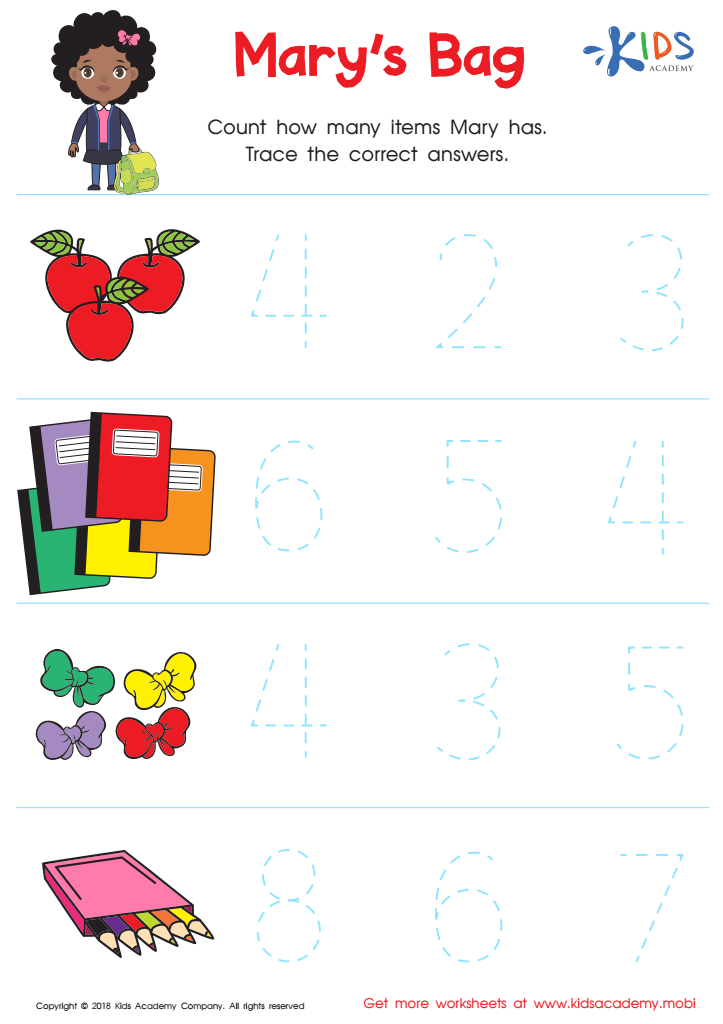

Kindergarten Number Tracing: Mary's Bag Worksheet
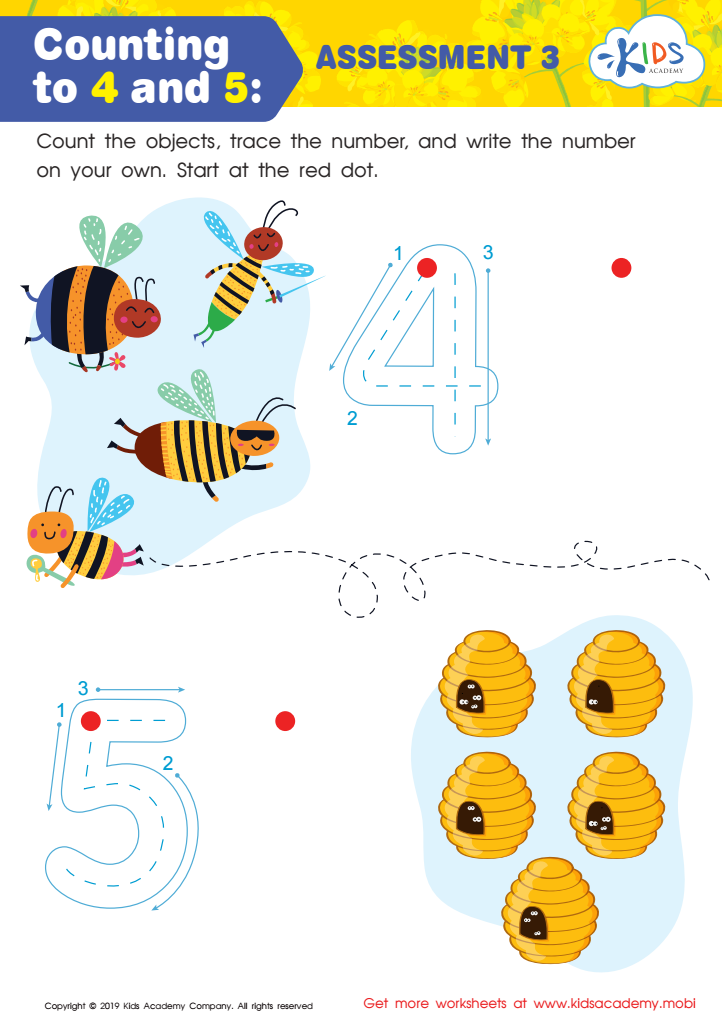

Counting to 4 and 5: Assessment 3 Worksheet
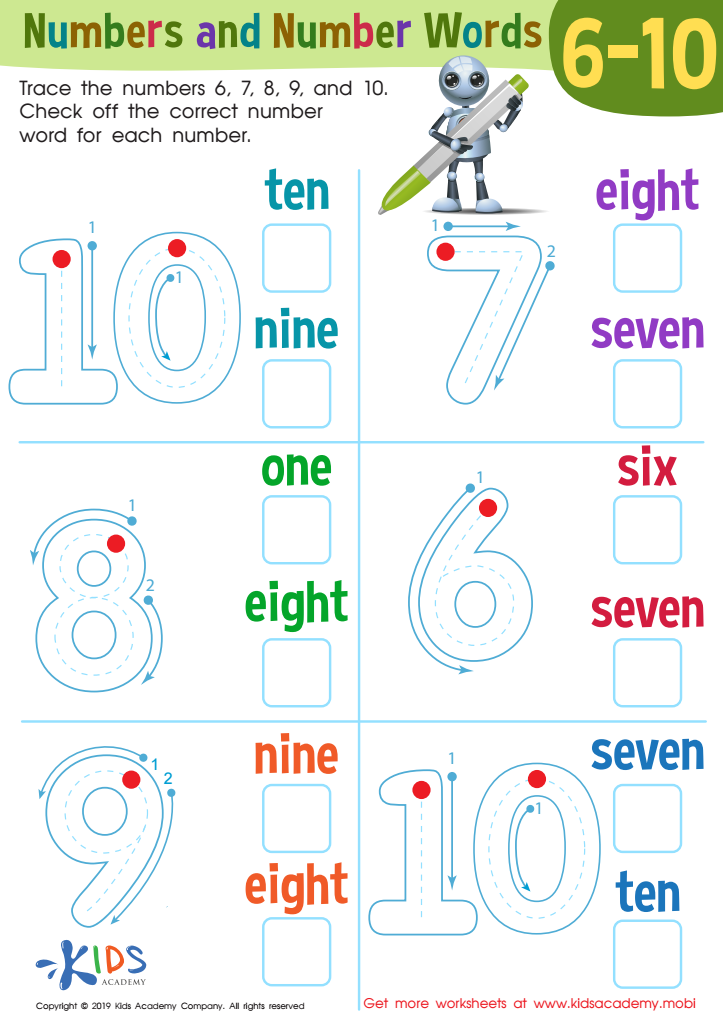

Numbers and Number Words 6–1 Worksheet
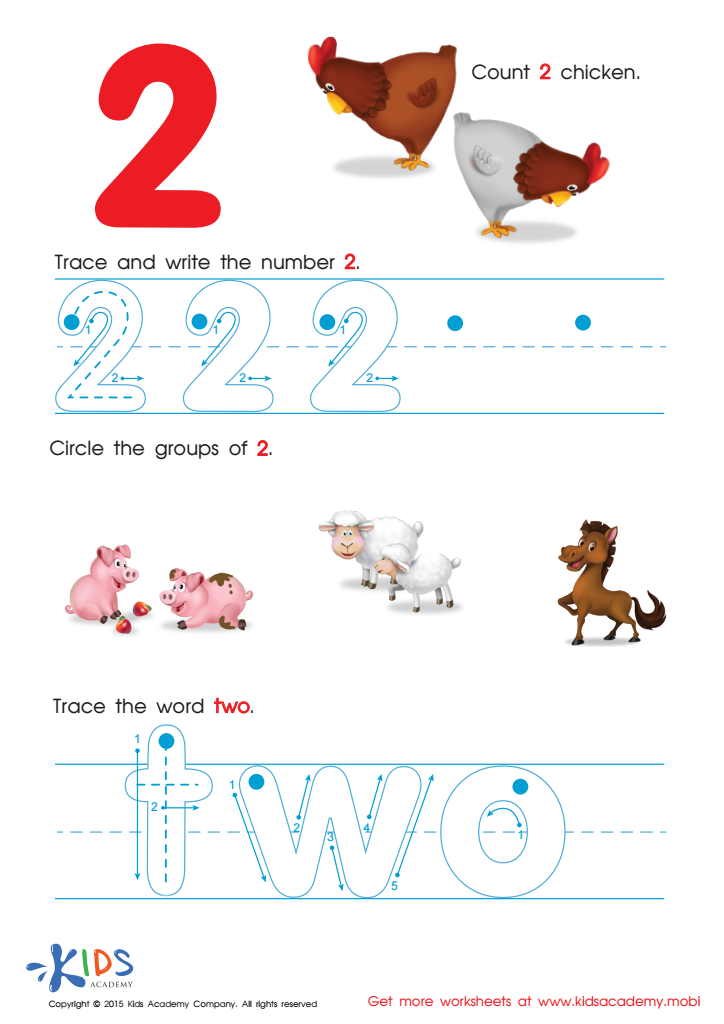

Learn to Write the Number 2 Worksheet
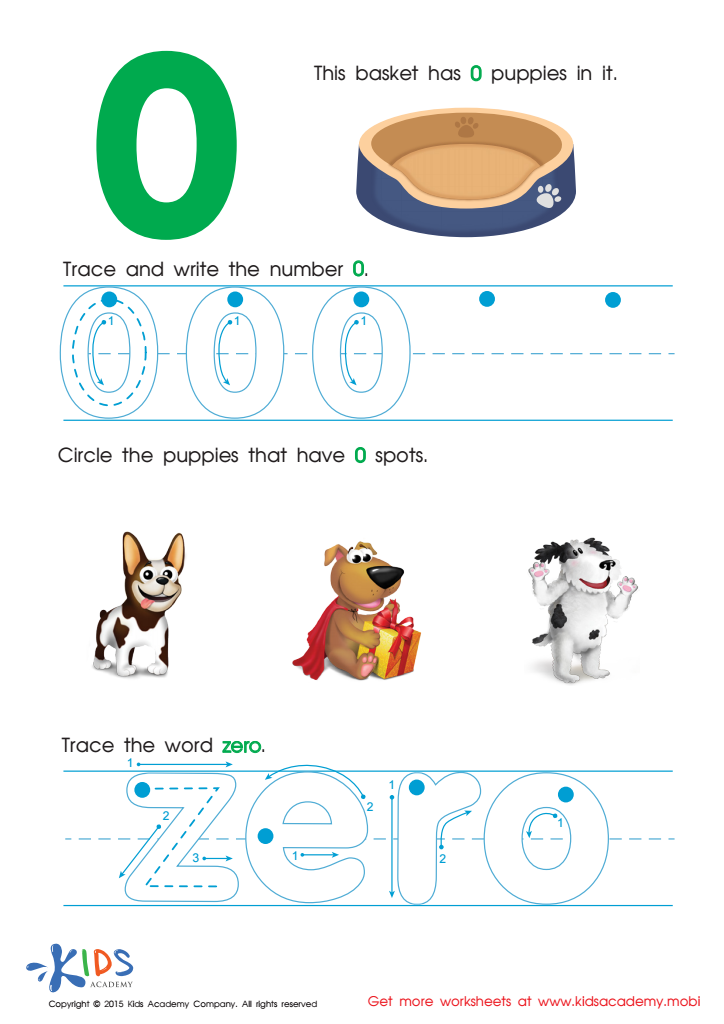

Trace And Write Number 0 Worksheet
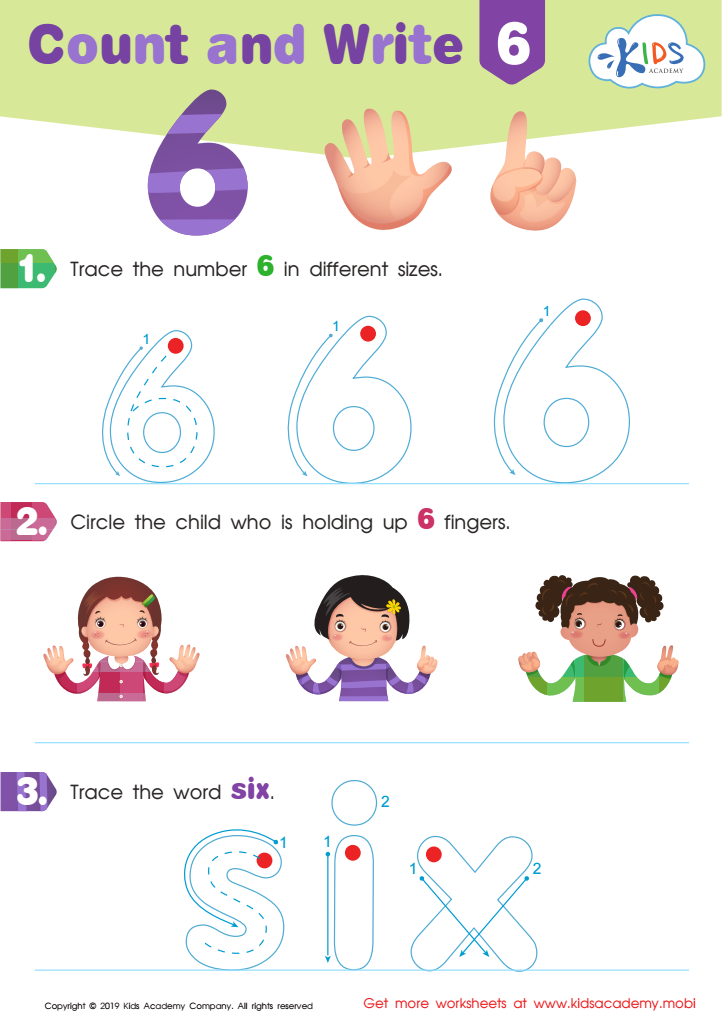

Count and Write 6 Worksheet
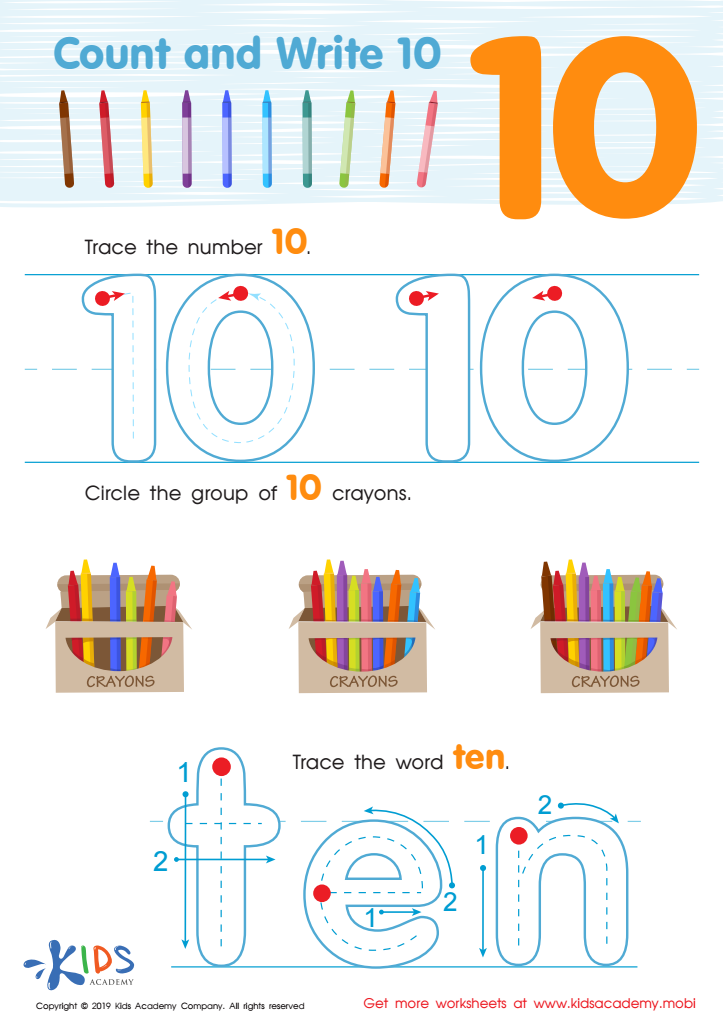

Count and Write 10 Worksheet
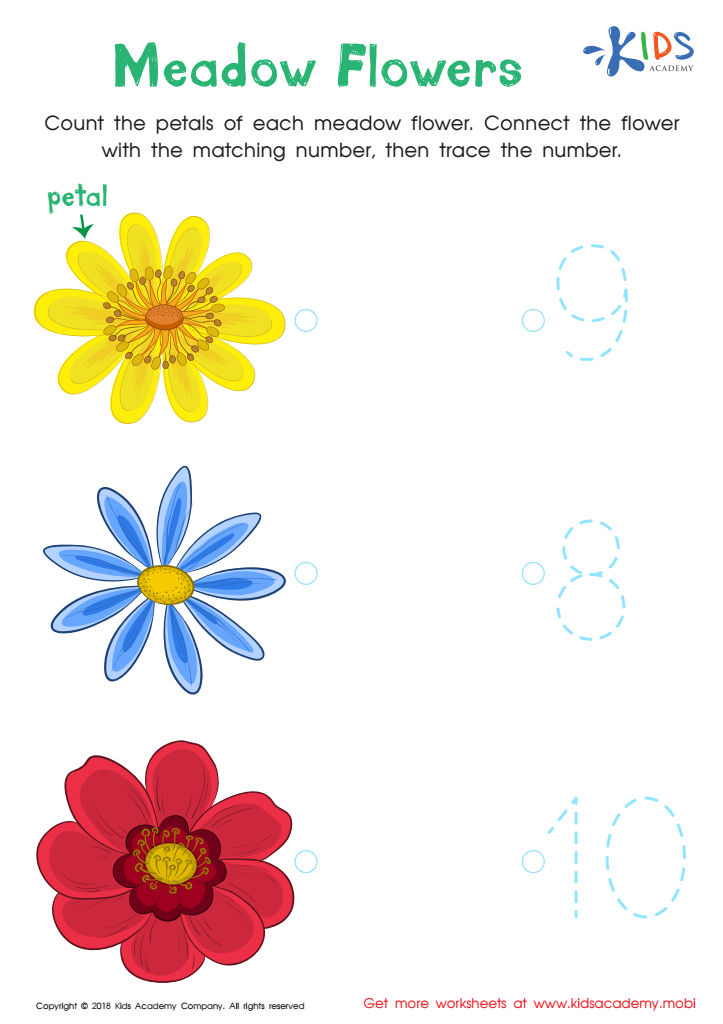

Kindergarten Number Tracing: Medow Flowers Worksheet
Number recognition and tracing activities are crucial for children aged 4-6 as they lay the foundational skills for later math learning. During this developmental stage, young learners begin to understand number concepts, which directly supports their cognitive growth and academic success.
Number recognition helps children identify and understand the symbols representing quantities, which fosters their ability to count and perform basic arithmetic operations. When they can recognize numbers, they gain confidence when engaging with math-related activities, both in educational settings and daily life.
Tracing numbers further enhances fine motor skills, critical for handwriting and other tasks they will encounter in school. This activity promotes brain coordination and strengthens the hand-eye connection, essential elements in different areas of learning. Tracing also encourages muscle memory, so children can easily recall and write numbers independently.
Moreover, introducing number recognition and tracing in early childhood supports overall literacy development, as many mathematical concepts overlap with language skills. Parents and teachers should prioritize these activities to ensure children not only excel mathematically but also develop a positive attitude towards learning, fostering lifelong learners who appreciate the role of math in everyday situations. Ultimately, a strong mathematical foundation nurtured through these activities can lead to higher academic achievements.
 Assign to My Students
Assign to My Students
